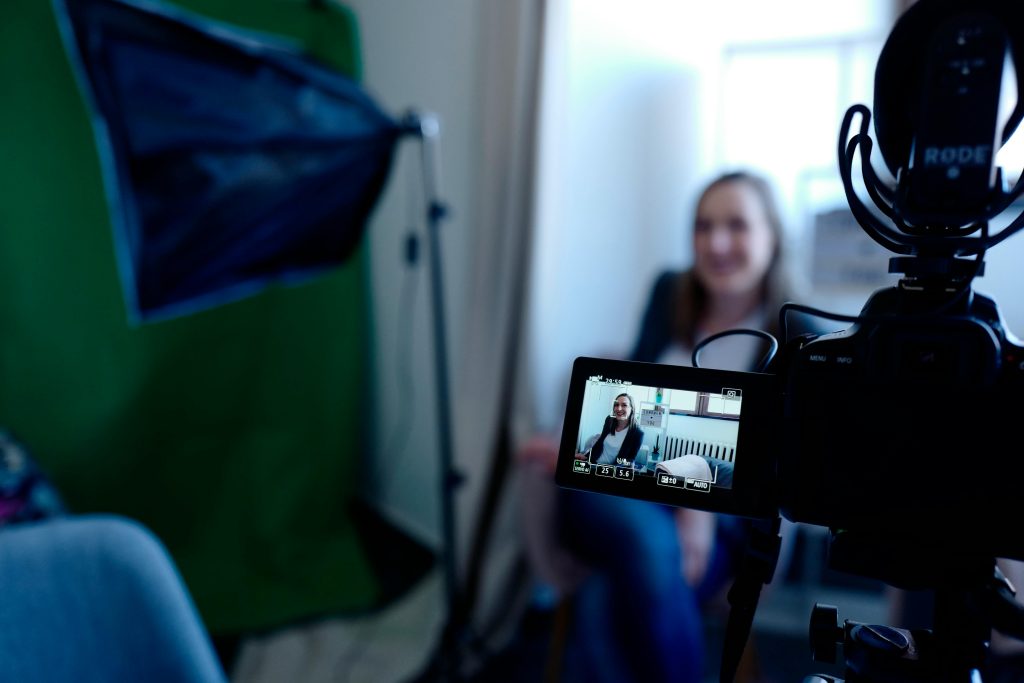Introduction
Digital marketing never stands still. With evolving consumer behaviours, advancing technologies, and constant algorithm updates, staying ahead of the curve is essential for brands that want to stay visible, relevant, and competitive.
As we step into 2025, the landscape continues to shift—driven by AI, privacy reforms, immersive experiences, and data-driven personalisation. What worked yesterday won’t necessarily work tomorrow. The key is to adapt with insight, not just instinct.

In this article, we highlight the emerging digital marketing trends for 2025 that marketers, entrepreneurs, and agencies need to know—along with practical ways to apply them in your strategy.
1. AI-Driven Content Creation and Campaign Management
Artificial Intelligence is set to become a central engine behind modern marketing—from content generation to performance optimisation.
Key Trends:
- AI tools for writing blog posts, social media captions, and email copy (e.g. ChatGPT, Jasper)
- Predictive analytics for campaign targeting
- AI-generated visuals, product images, and video
- AI-powered chatbots for customer support and lead generation
Best Practice: Use AI to enhance, not replace, human creativity. Combine machine speed with brand voice and human empathy for best results.
2. Voice Search and Audio-First Content
As smart speakers and mobile assistants become more widespread, voice search is shaping how consumers find and interact with brands.
What’s Changing:
- Voice-friendly SEO and conversational keywords
- Audio ads on platforms like Spotify and podcasts
- Branded voice assistants and skills for Alexa and Google Assistant

Action Step: Optimise your content for natural language queries and include FAQs that match voice search intent.
3. Hyper-Personalisation Using First-Party Data
As third-party cookies fade out, marketers are doubling down on first-party data—information collected directly from users through interactions, signups, purchases, and preferences.
Tools & Tactics:
- Behavioural segmentation and email triggers
- AI-based dynamic content
- Personalised product recommendations and landing pages
Best Practice: Build trust by being transparent about data collection and offering clear value in exchange (e.g. exclusive content or discounts).
4. Short-Form Video Continues to Dominate
Platforms like TikTok, Instagram Reels, and YouTube Shorts are defining mobile-first content strategies.
What’s Trending:
- Authentic, behind-the-scenes brand moments
- UGC (user-generated content) as social proof
- Educational “how-to” clips and micro-tutorials
Tip: Create short-form video that’s entertaining, informative, and aligned with your brand voice—and test multiple formats to see what sticks.
5. Interactive Content Boosts Engagement
Static content is losing attention. In 2025, interactive content like quizzes, polls, and 360° videos will take centre stage in engaging audiences.
Formats to Explore:
- Product recommendation quizzes
- Interactive infographics and maps
- Live Q&A sessions and AMA (Ask Me Anything) formats
- Augmented Reality try-ons and filters

Action Step: Use interactive elements to increase dwell time, collect data, and offer personalised experiences in real time.
6. Ethical Marketing and Brand Transparency
Consumers—especially Gen Z and younger Millennials—are more likely to support brands that are authentic, inclusive, and socially responsible.
How Brands Are Responding:
- Publishing sustainability and DEI reports
- Partnering with non-profits or cause-based campaigns
- Taking public stances on social issues
Tip: Don’t just market your values—live them, and be ready to back them up with action.
7. SEO Becomes More Conversational and Contextual
Search engines are evolving. Google’s use of AI and NLP (Natural Language Processing) through tools like Search Generative Experience (SGE) is changing the way search results are displayed.
Trends to Watch:
- Fewer clicks to websites (answers shown in SERP)
- Emphasis on E-E-A-T (Experience, Expertise, Authoritativeness, Trustworthiness)
- Structured data and schema markup for rich snippets
Best Practice: Create comprehensive, conversational content that answers intent-driven queries and supports semantic search.
8. Influencer Marketing Becomes More Niche and Authentic
The era of big-name influencer campaigns is giving way to micro- and nano-influencers with tighter communities and higher engagement.
What’s Changing:
- Brands shifting from reach to relevance and trust
- Long-term partnerships over one-off promos
- Emphasis on relatable, native content

Tip: Collaborate with influencers who align closely with your brand values and target audience—even if their follower count is modest.
9. Email Marketing Gets Smarter with AI and Automation
Email remains one of the highest ROI channels—but in 2025, smarter automation and dynamic content are key to cutting through inbox noise.
New Email Strategies:
- Predictive send times and frequency optimisation
- Real-time product updates and inventory alerts
- Personalised journeys triggered by behaviour
Best Practice: Use email to nurture relationships, not just sell. Blend value, storytelling, and subtle CTAs for lasting engagement.
10. The Rise of Web3 and Decentralised Marketing
While still emerging, Web3 technologies are beginning to influence how brands engage audiences.
Early Web3 Use Cases:
- NFTs for exclusive brand experiences or digital collectibles
- Blockchain for transparent supply chain marketing
- Decentralised communities and loyalty programs

Tip: Keep a close eye on Web3-native platforms and behaviours, especially in digital art, gaming, and Gen Z subcultures.
Conclusion
Digital marketing in 2025 will be faster, smarter, and more human than ever. Brands that thrive will be those who adapt early, focus on genuine connection, and leverage data responsibly to meet their audience where they are.
From AI and automation to ethics and engagement, these trends aren’t just buzzwords—they’re signposts pointing toward the future of meaningful marketing.
Keep testing, keep learning, and stay agile—because the digital world won’t wait.
